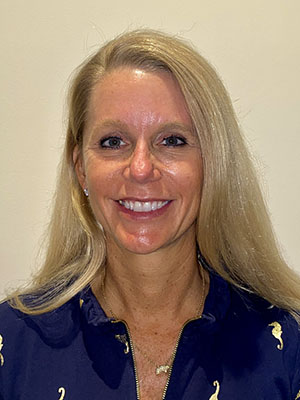A Standardized Approach to Child Passenger Safety Screening in the Emergency Department
Heidi Almodovar, DNP, APRN, CPNP-AC/PC, TCRN, CPS-T
Lyse Deus, M.Ed, CPS-T
Oneith Cadiz, MD
Hector Chavez, MD
Chad Thorson, MD, MSPH
Part of session:
Lightning Round Presentations
Saturday, December 3, 2022, 10:15 AM to
11:00 AM
Background:
Nationally, motor vehicle collisions (MVCs) are the leading cause of death and injury in children aged 1-19 years old. A significant number of children in the United States remain improperly restrained with nationwide estimates around 20%. The Centers for Disease Control and Prevention report that Florida’s children are dying from MVCs at higher rates than children in other states. A retrospective analysis of 434 trauma patients at Ryder Trauma Center found that children ages 0-18 years-old were improperly restrained or unrestrained 53% of the time. Injury Free Miami is a pediatric injury prevention coalition (PIPC) with nationally certified child passenger safety (CPS) technicians. Upon review, the PIPC has never received referrals from Holtz Children’s Hospital Emergency Department (ED) which represents a missed opportunity to provide CPS education and resources to underserved families in our catchment area. The purpose of the quality improvement (QI) project was to standardize an approach to CPS screening in Holtz Children’s Hospital ED. The overarching aim was to increase referrals to the PIPC, while improving CPS education and access to CPS restraint systems which will address health equity and social determinants of health in our patient population. This project is relevant to any organization that does not currently have a standardized approach to child passenger safety screening and is attempting to address social inequities in underserved populations.
Methods:
Organizational change processes were identified, and QI interventions were created and implemented through development of a CPS bundle. As part of regularly provided ED medical care, CPS screening was completed for families with children ages 0-12 years. Screening took place from the end of December 2021 until April 2022. The primary outcome measure was the total number of families referred to the PIPC.
Results:
The total number of referrals to the PIPC was 98 children over a 20-week period. Of those, 142 were directly screened and referred to the PIPC from the ED, 26 came from families who received the PIPC’s phone number as part of discharge teaching and called directly. The remaining 30 came by word of mouth from families who had been previously referred to the PIPC from the ED. Data collection, including demographic information, is ongoing.
Conclusions:
A standardized approach to CPS screening in Holtz Children’s Hospital Emergency Department increased referrals to a PIPC and improved CPS education and access to CPS restraint systems. With increased car seat and booster seat utilization, we anticipate this to translate to improved outcomes after MVC in our underserved community.
Objectives:
1. Participants will learn about the continued problem of MVCs in unrestrained and improperly restrained children. 2. Attendees will hear about the individual steps involved in creating a CPS bundle. 3. Observers will understand the pitfalls encountered during implementation of the CPS QI initiative and learn about additional interventions to help make the CPS QI initiative sustainable and successful.

